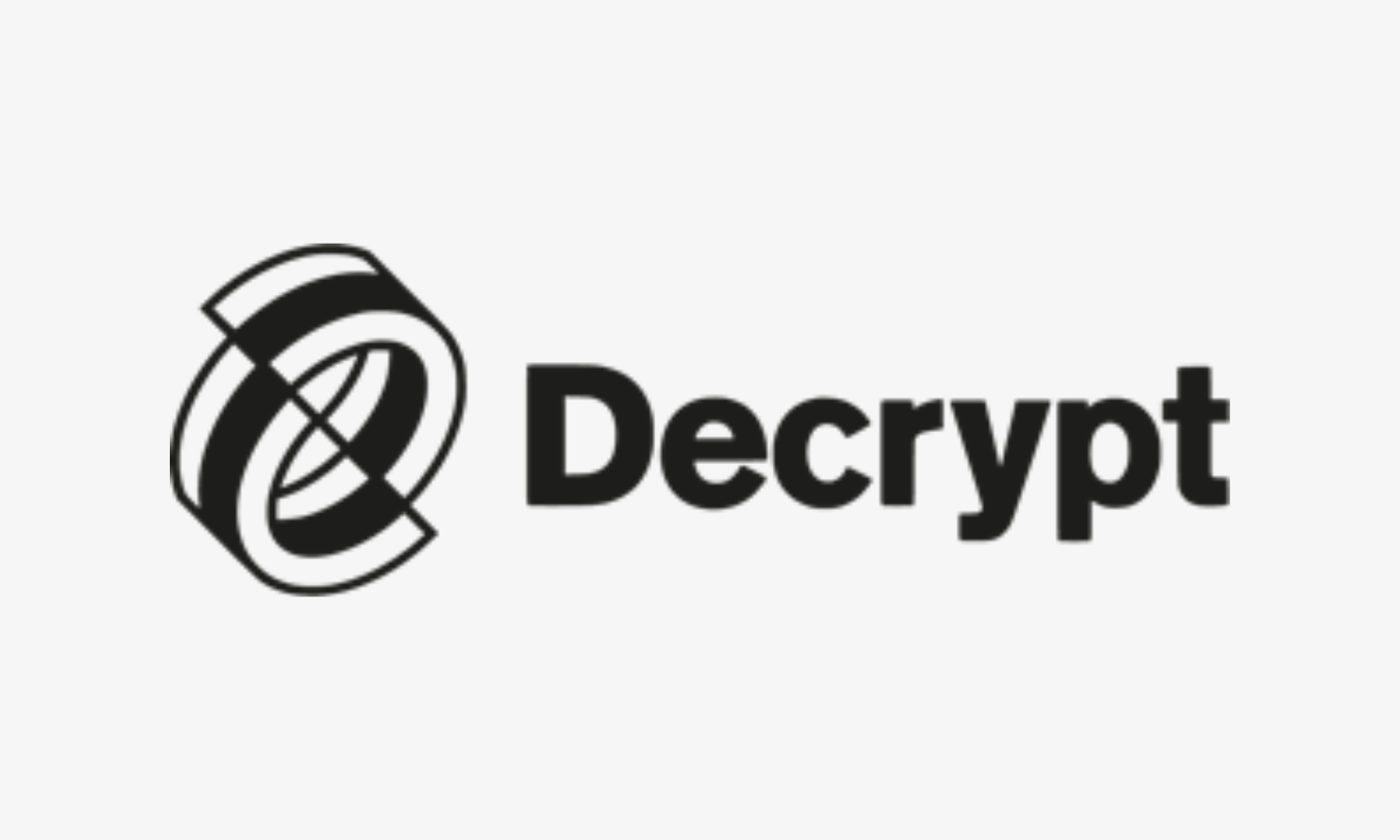‘Gas Hero’ NFTs Top Charts—But the ‘Stepn’ Maker’s Game Is Blocked in the US

Gas Hero is the latest crypto-powered game from Find Satoshi Lab, the studio behind the “move-to-earn” Stepn app on Solana. Gas Hero launched its public beta last week, and six different Gas Hero NFT collections are now claiming top spots on sales volume charts as traders buy up game characters, items, weapons, pets, and more in the form of NFTs on Ethereum scaling network Polygon.
Gas Hero’s “common” heroes alone have seen over $19 million in total NFT volume traded and, of that, almost $2.7 million traded in the past 24 hours, according to CryptoSlam data. As of this writing, it’s currently the top individual NFT project during that span, based on that metric.
While Gas Hero is seeing a surge of NFT trading activity across its many collections, no one in the United States is technically allowed to play it. Multiple attempts to access the game on a desktop PC and mobile device showed that IT firm Cloudflare “blocked” our efforts to play the “social MMO” from within the U. S.
Sure enough, Gas Hero’s Terms of Use bar U. S. users as well as gamers in 15 other regions, apparently over regulatory and possibly other legal or sanctions-related concerns. Players must be over the age of 18 and not currently live in the U.S., the province of Ontario in Canada, Mainland China, Cuba, Crimea and Sevastopol, Iran, Afghanistan, Syria, North Korea, Antigua and Barbuda, Hong Kong, Thailand, Malaysia, or India.
Back in May 2022, Stepn said that it banned China-based users from its move-to-earn game to “proactively respond to the relevant regulatory policies”—a decision that resulted in a Stepn token price plunge, Nikkei Asia reported.
It’s also likely that the province of Ontario in Canada was singled out because the Ontario Securities Commission (OSC) has previously said that any type of initial coin offering (ICO) could be classified as a security in that province.
Reached for clarification, a representative for the OSC told Decrypt that NFTs could be subject to OSC’s securities rules depending on the situation, such as “the terms of the NFT, how it is marketed and sold, and how it is custodied,” adding that the way marketplaces interact with traders could also “create a security or derivative” of an NFT.
Gas Hero’s list of blocked countries encompasses many of the nations also restricted from playing Ubisoft’s upcoming Champions Tactics game, for example—but Ubisoft will allow U. S., Canadian, and Indian residents to play its title. Ubisoft, however, has chosen to block other countries that Gas Hero does not, barring those in Nepal, Morocco, and Iraq, among others.
Why, then, are game studios drawing different lines in the sand when it comes to who gets to play their game—and who doesn’t?
Reached for comment, Gas Hero representatives did not explicitly admit that the game is blocked in the U. S. over regulatory concerns—or fear of possible future regulatory action.
Find Satoshi Lab’s Chief Revenue Officer Mable Jiang confirmed to Decrypt that the studio is intentionally blocking IP addresses based in the U. S. as well as mainland China, adding: “If the user decides to use a VPN, it’s up to the user’s choice.”
A VPN, or virtual private network, is an internet privacy workaround that allows users to disguise their IP addresses to appear as though they are based in another country. But Jiang’s comment suggests that U. S. users could get around FSL’s restrictions by installing a VPN onto their device. In many countries, using a VPN is legal. But in other nations, it’s not.
A representative for FSL emphasized to Decrypt that Gas Hero hasn’t been “banned” by the U. S. government or regulators, though.
“The regulatory environment for gaming and crypto assets differ from country to country. Users should seek specific advice as to whether their use of any cryptocurrency or Web3 product will infringe on any applicable laws,” the representative said, again without explicitly stating that Gas Hero is blocking American users over fears of future potential regulatory action.
“FSL is working to ensure Gas Hero is available all over the world, but currently access is limited in the U. S.,” the representative said when asked point-blank if the studio is blocking the game due to regulatory reasons.
The U. S. market for blockchain gaming is quite large. Barring one of the economically strongest countries in the world is a move that potentially leaves a lot of money on the table. A 2023 Game7 report found that the U.S. is the “most dominant market” for blockchain games, and has 28% of the world’s blockchain game developers.
Crypto’s regulatory status more broadly in the U. S. has remained ambiguous—and that’s led to mixed responses from businesses building blockchain products. Some, like MechaFightClub and GameStop, have shut down their crypto or NFT projects over U.S. regulatory fears.
Others, like Coinbase, have worked with and fought back against regulators—and have secured some wins as a result.
While gamers in Europe and other countries try out blockchain games largely without restrictions, Americans looking to join in may continue to run into hurdles as game studios self-regulate to avoid potential regulatory pain ahead.
U. S. gamers will have to choose whether to download a VPN—or play a game that isn’t blocked in their country instead.

Published on Other News Site









